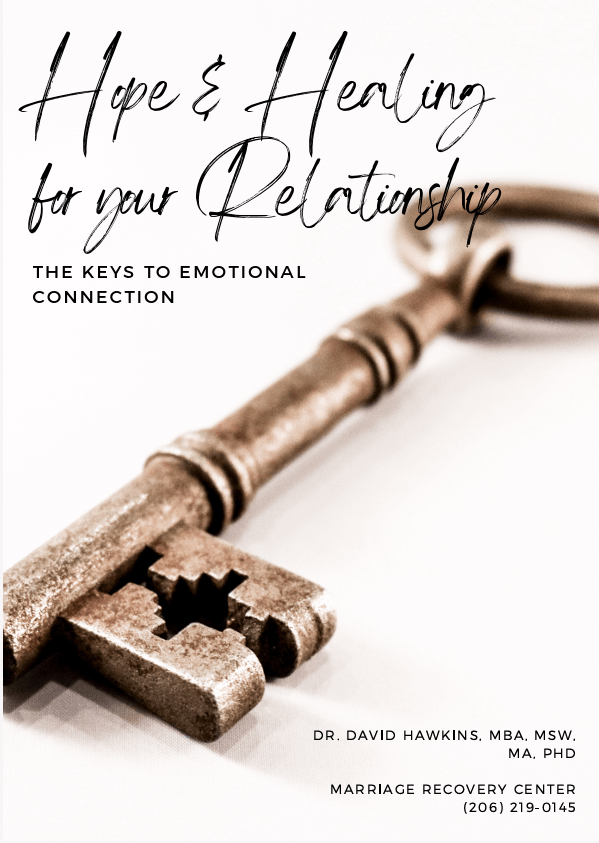Couples Counseling
Helping Couples Reconnect, Rebuild, and Move Forward
When a relationship feels stuck, tense, or damaged by betrayal, it’s hard to know where to turn. Our couples counseling work is designed for situations that feel serious—conflict that doesn’t stop, emotional disconnection, or the fallout from infidelity. We help couples understand what’s really happening, identify patterns that need to shift, and work toward healing in a structured and supportive setting.
Who We Work With
We work with couples who are:
- In ongoing cycles of miscommunication or conflict
- Struggling with emotional distance or resentment
- Dealing with betrayal, broken trust, or secrecy
- Considering separation but open to working on the relationship
- Feeling stuck in unhealthy patterns they can’t seem to change
All sessions are online via Zoom. You’ll be paired with a clinician trained in emotional dynamics, trust repair, and practical communication work.
Our Approach
We don’t “sit back and nod.” This is active work with clear goals. We use proven therapeutic tools and structured conversations to help:
- Break repetitive cycles of conflict
- Rebuild trust and openness after betrayal
- Identify unhealthy coping or communication styles
- Teach practical tools for navigating high-stress moments
We also help each partner take personal responsibility for how they show up in the relationship.
Related Services
Depending on your situation, you may want to explore:
Ready to Begin?
If you’re ready to start couples counseling or have questions about which path is right for your relationship, book a free call. Our team will help you figure out the best next step.
Note: All sessions are conducted via Zoom. We do not provide superbills for insurance reimbursement.

